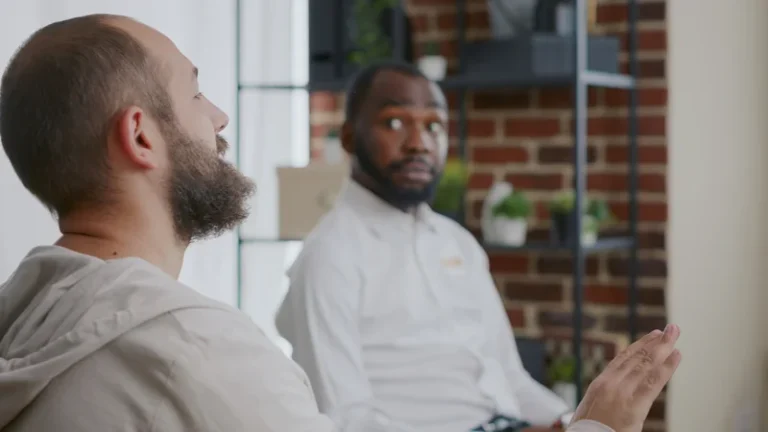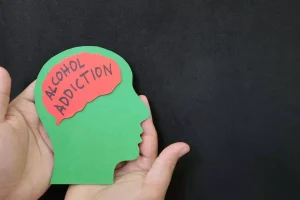
Substance abuse treatment focuses on learning how to replace those bad habits with better ones. When you change your daily routines, you’ll create a healthier life for yourself. However, group members might require help identifying them before you can teach them how to develop new ones for sobriety. It also promotes support, positive behaviors, and constructive criticism among group members. One of the most common experiences people in recovery share is cravings and triggers to drink or use drugs, and discussing them can help prevent relapse. Recognizing addiction as a chronic condition akin to other enduring health issues is essential.

Maximize Your Benefit From Group Therapy
As group members learn to work on their stress and anxiety by calming their minds and decluttering their thoughts, every person can reflect and consider decisions that improve their lives. The ability to be self-aware of one’s actions and habits and practice self-regulation is one that strengthens over time. Set your clients up for success by holding a group meditation session. As the therapist, you may lead the check-in activity by preparing a list of subjects each member can speak on.
The Power of Group Therapy

These can be discussed in session and continually practiced in subsequent meetings. Have clients each bring in an item, object, or picture that represents a fond memory of the individual they are grieving. process group ideas for substance abuse Members can take turns sharing the memory and how it affects them today. This activity forces interaction between members, which can help decrease feelings of loneliness and isolation.
thoughts on “Group Therapy: A Comprehensive Resource Guide”

Substance abuse triggers are an essential aspect of addiction, as they can determine the success of recovery. Substance abuse triggers are what encourage individuals to drink alcohol or use drugs again and can significantly increase relapse risk. Discussing each other’s triggers can help clients identify negative behavioral patterns and can provide clients with a way to overcome these triggers and develop effective coping strategies. Group therapy is an excellent alternative or addition to individual sessions because it offers a different kind of therapy approach with the added benefit of social support. People recovering from substance abuse feel supported, and working with other members can be motivating.
- Members will go around the room stating the three pieces of information, and other members of the group must guess the lie.
- You can play the music in the background to help clients reflect while listening to music.
- There are numerous benefits to group therapy and peer support meetings that aren’t available in a one-on-one setting.
- PositivePsychology.com offers a wealth of therapy resources that can be used and applied in group settings.
- Challenging the efficacy of treatment (or you as a clinician) is a defense mechanism.
- Warm-ups set a contemplative tone, helping participants transition into the group environment and encouraging them to be present and engaged throughout the session.
Download Your Free Worksheets
- This article will cover what group therapy is and some of the more common types of group therapy and activities used for addiction treatment.
- A sheet of paper is passed out to each member, and they will write their name on the sheet.
- Participants can try making gratitude lists or having open discussions on ways to find and show gratitude in daily life.
- There are several ways to use music therapy to deliver exceptional behavioral treatment.
